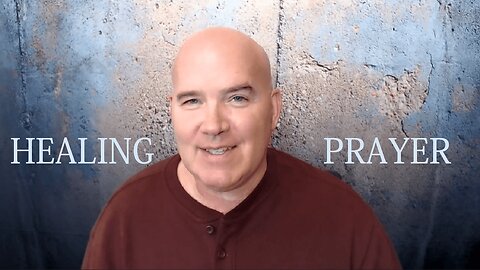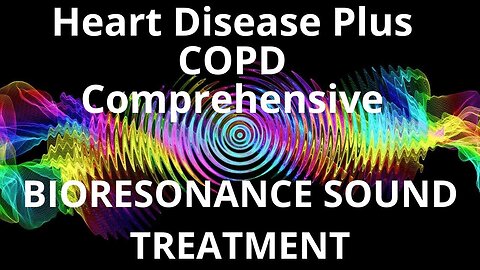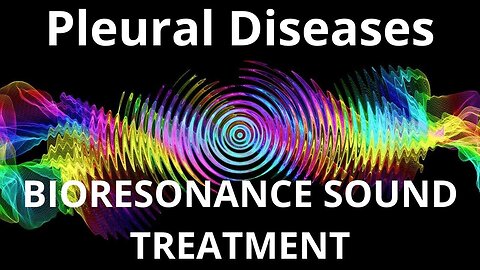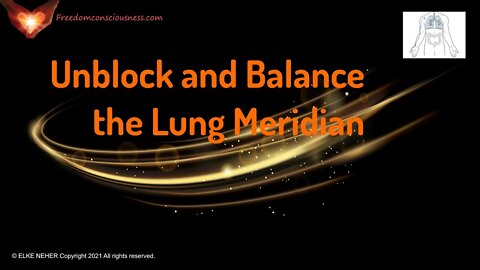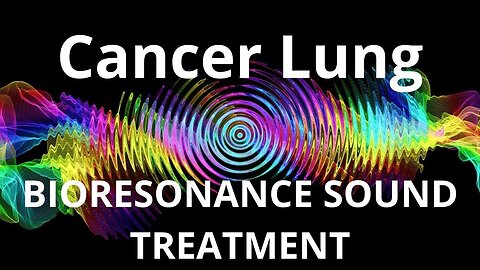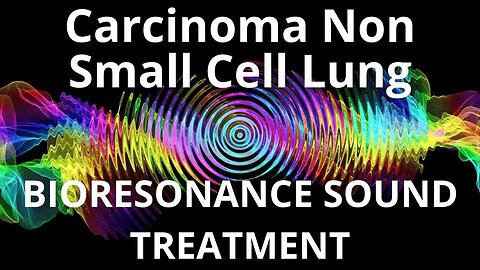Healing for Cancer, Men's and Women's Issues, Dental, Heart, Lung, Kidney, GI, Neurological Problems
Heart Disease Plus COPD Comprehensive _ Sound therapy session _ Sounds of nature
Pleural Diseases _ Sound therapy session _ Sounds of nature
Unblock and Balance the Lung Meridian - Energy/Frequency Healing Music
Cancer Lung_Sound therapy session_Sounds of nature
Carcinoma Non Small Cell Lung _ Sound therapy session _ Sounds of nature
Carcinoma Non Small Cell Lung _ Sound therapy session _ Sounds of nature
#bioresonance#healing_energy#healing_frequencies
#Sounds_of_nature#sound_vibrations#sound_therapy
Non-small cell lung carcinoma (NSCLC) is a type of lung cancer that affects a significant number of individuals worldwide. As medical advancements continue, complementary therapies like Resonant Frequency Sound Therapy are gaining attention for their potential to enhance conventional treatments.
Resonant Frequency Sound Therapy harnesses the power of specific sound frequencies to promote healing and restore balance within the body. This therapy is based on the principle that each cell, organ, and system in the body has its own unique resonant frequency. By exposing the body to carefully selected tones and vibrations, Resonant Frequency Sound Therapy aims to harmonize disrupted energy patterns, reduce stress, and facilitate the body's innate healing abilities.
Conventional treatments for NSCLC, such as surgery, chemotherapy, and radiation, are vital in targeting and eliminating cancer cells. However, Resonant Frequency Sound Therapy can play a complementary role by supporting the patient's overall well-being during the treatment process. Integrating this therapy with conventional medicine can help alleviate treatment side effects, boost the immune system, and enhance the effectiveness of the primary treatment approach.
NSCLC treatments often come with challenging side effects, including nausea, fatigue, pain, and anxiety. Resonant Frequency Sound Therapy has shown promise in mitigating these side effects, improving the patient's quality of life. Research indicates that this therapy can reduce pain perception, promote relaxation, alleviate nausea, and relieve anxiety. By offering a non-invasive and drug-free approach, it provides a valuable supportive option for managing treatment-related discomfort.
A strong immune system is vital for combating cancer and preventing its recurrence. Resonant Frequency Sound Therapy has been found to stimulate the immune system by increasing endorphin production and reducing stress hormones. By bolstering the body's immune response, this therapy can enhance the efficacy of conventional treatments and improve long-term outcomes for NSCLC patients.
A diagnosis of NSCLC can be emotionally challenging, leading to anxiety, depression, and a sense of loss of control. Resonant Frequency Sound Therapy offers emotional support by providing a calming and soothing environment. It promotes relaxation, emotional release, and stress reduction, helping patients cultivate a positive mindset and improve their overall mental well-being throughout their treatment journey.
Resonant Frequency Sound Therapy empowers NSCLC patients to actively participate in their healing process. It encourages self-care, self-awareness, and self-empowerment. The therapy sessions can be tailored to individual needs, allowing for a personalized approach that aligns with the patient's unique healing journey. By taking an active role in their treatment, patients can regain a sense of control and optimize their overall well-being.
Conclusion:
As an adjunctive treatment for Non-Small Cell Lung Carcinoma, Resonant Frequency Sound Therapy shows great promise. By integrating this therapy with conventional medicine, patients can experience a comprehensive and holistic approach to their treatment. From alleviating treatment side effects and strengthening the immune system to enhancing emotional well-being and empowering self-healing, Resonant Frequency Sound Therapy offers valuable support throughout the NSCLC treatment journey. As research continues to unfold, this therapy may play an integral role in optimizing outcomes and promoting well-being for NSCLC patients.
TO ACHIEVE A POSITIVE RESULT, DAILY LISTENING TO VIDEOS IS REQUIRED.
-
 LIVE
LIVE
LFA TV
5 hours agoKING OF NYC! | LIVE FROM AMERICA 5.24.24 11am EST
5,337 watching -
 1:09:13
1:09:13
Robert Gouveia
2 hours agoTrump Rally RATTLES Democrats; Obama Memo WRECKS Florida Case; Ohio Governor CAVES
9.54K22 -
 LIVE
LIVE
jeffahern
1 hour agoFriday Freak out with Jeff Ahern (9AM Pacific)
418 watching -
 LIVE
LIVE
Tommy's Podcast
1 day agoDeliver The Truth | General Michael T. Flynn (TPC #1,493)
269 watching -
 2:16:11
2:16:11
The Kirk Minihane Show
3 hours agoKMS Live - May 24, 2024
8.52K3 -
 58:40
58:40
Tactical Advisor
1 hour agoNew Product Release! - Vault Room Live Stream
4.86K1 -
 1:14:22
1:14:22
Graham Allen
3 hours agoThe Bronx is MAGA COUNTRY!!
31.7K55 -
 1:15:40
1:15:40
LumpyPotatoX2
3 hours agoFortnite at Rumble HQ - #RumbleTakeover
10.7K4 -
 2:58:21
2:58:21
Wendy Bell Radio
7 hours agoAmerica's President
47.4K62 -
 1:18:04
1:18:04
The Bitcoin Family
2 hours agoBITCOIN, BLOCKCHAIN AND LIFE AMA DIDI TAIHUTTU
10.7K2
